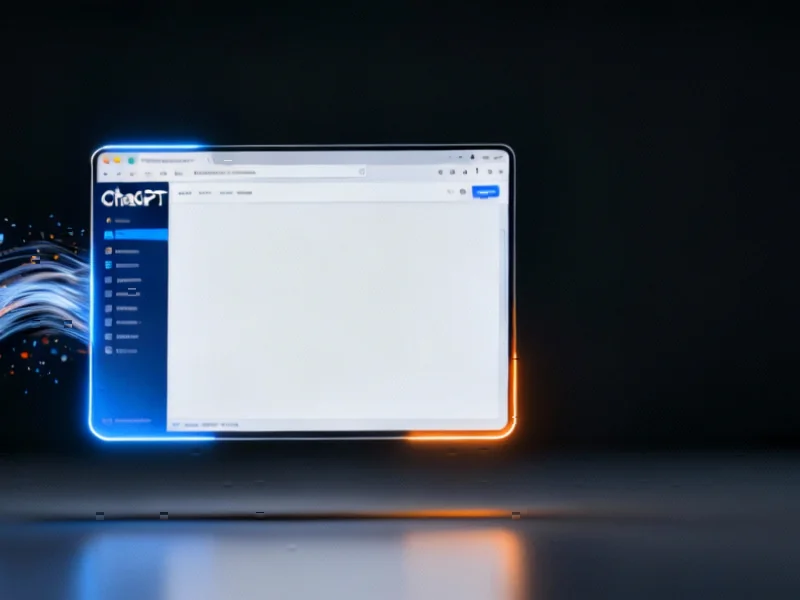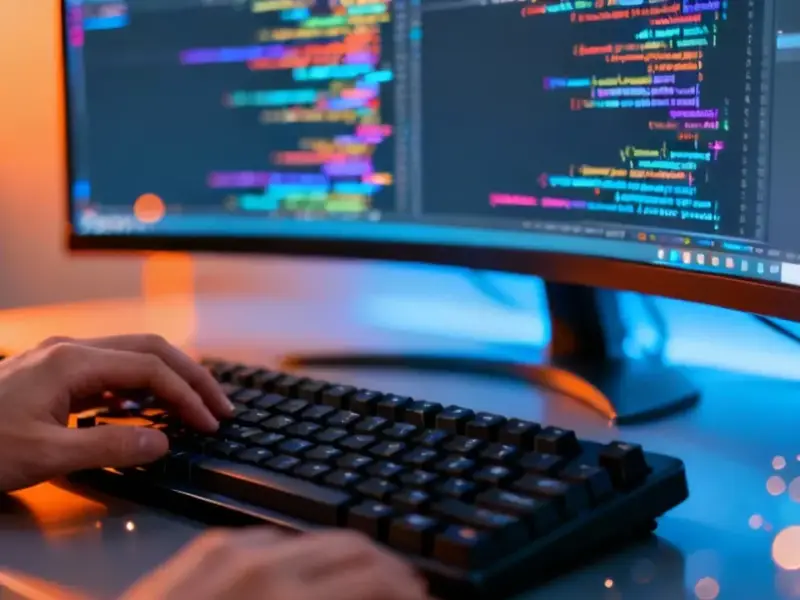According to Business Insider, Latham & Watkins just forced its entire first-year associate class—more than 400 lawyers—into a mandatory two-day “AI Academy” at a Washington, D.C. hotel. The firm, which hit $7 billion in revenue last year making it America’s second-highest-grossing law firm, brought in outside experts including Meta’s top privacy lawyer Steve Satterfield. Partners demonstrated how they’re already using tools like OpenAI-backed Harvey and Microsoft Copilot as standard operating procedure. Latham partner Michael Rubin called AI a “generational opportunity” and said “turning away from it as opposed to embracing is just not an option.” The training comes after a high-profile incident where a Latham lawyer cited a fake article generated by Anthropic’s Claude chatbot in court.
The new law firm reality
Here’s the thing—this isn’t optional continuing education. When a firm that employs 3,500 lawyers globally makes something mandatory for every first-year, they’re sending a clear message: adapt or become irrelevant. The routine work that junior associates typically handle—legal research, citation checks, first drafts—is exactly what firms are racing to automate. And honestly, can you blame them? Clients are demanding efficiency, and law firms are responding by tooling up.
But there’s real anxiety here. Many believe firms will need fewer associates to drive profits higher. In-house legal teams are already exploring headcount reductions through automation. Latham’s pitch is essentially a win-win: we train you on the tools that make us more money, and you stay employed. It’s survival training disguised as professional development.
AI mistakes and the reality check
That Anthropic incident where a Latham lawyer cited a completely fabricated article? That’s the nightmare scenario. It happened this spring during a copyright lawsuit defense, and it perfectly illustrates why Adam Ziegler, who leads Latham’s AI strategy, keeps stressing that lawyers need to “keep their hands on the wheel.”
Basically, they’re telling junior lawyers: use these powerful tools, but for God’s sake double-check everything. The firm is walking a tightrope—pushing rapid adoption while acknowledging these systems still hallucinate and make stuff up. It’s like giving a new driver a supercar but reminding them they’re still responsible for not crashing.
The generational shift is already here
This was Latham’s second AI Academy and the first time they’ve rolled it out globally to first-years. Senior lawyers showed actual cases that were sped up using AI, while junior litigators and corporate attorneys had breakout sessions tailored to their practice areas. Fiona Maclean, a longtime partner, says this training will continue long after the weekend event.
And get this—they’re developing a virtual AI Academy launching early next year for lawyers at any experience level. They’re not messing around. Rubin says he doesn’t believe the tech will cannibalize opportunities for junior attorneys, but let’s be real—the nature of their work is fundamentally changing. The question isn’t whether AI is coming to law firms, but how quickly the entire profession will transform.




